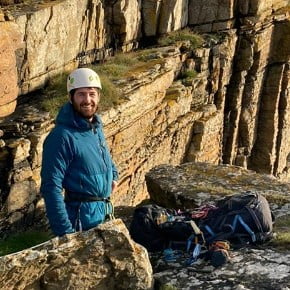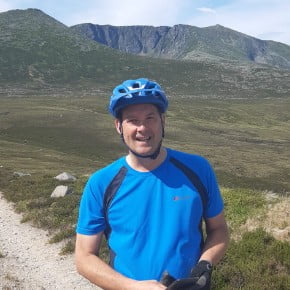
Jamie Smith
Development Manager

Robert MacKenzie
Development Officer

Jack Davis
Talent and Pathways Officer

Lucy Ross
Head Route Setter

Heather McAslan
Competitions Officer

Hugo Alan
Volunteer Director for ClimbScotland
Our National Coaches

Pete Langlands
National Coach

Mike Mullins
National Coach
